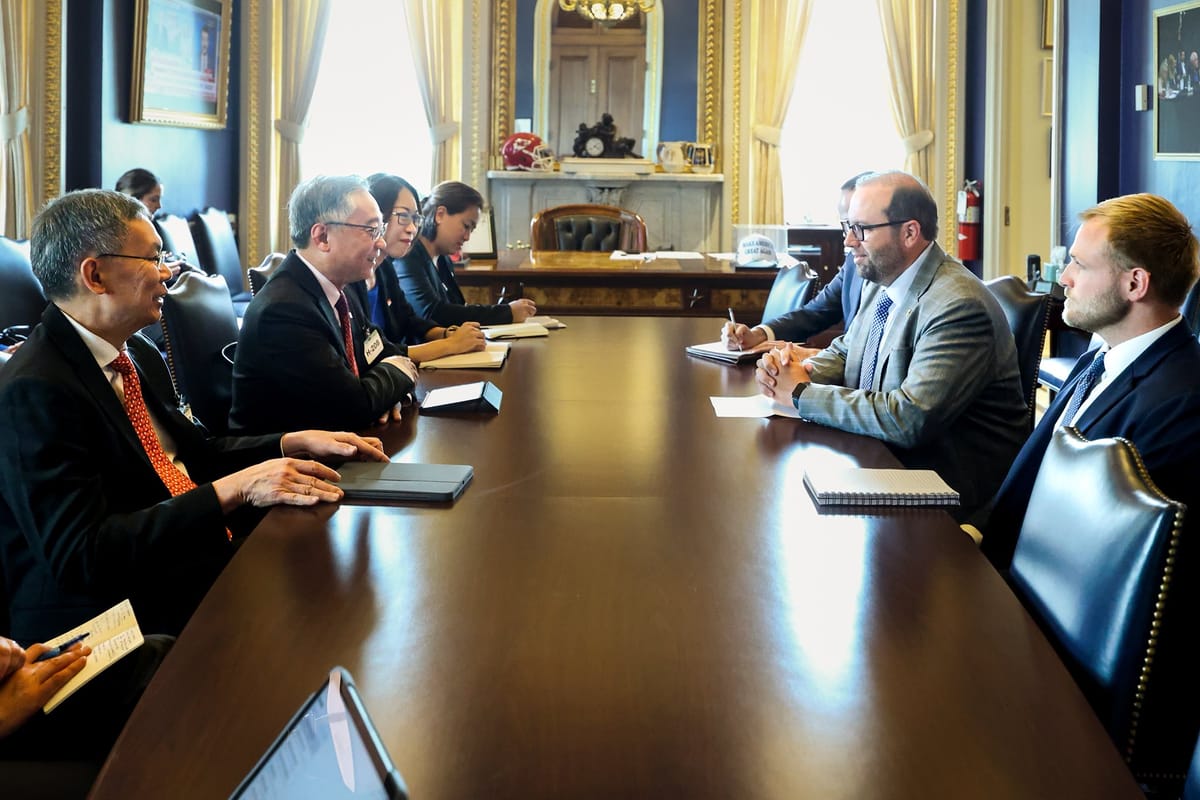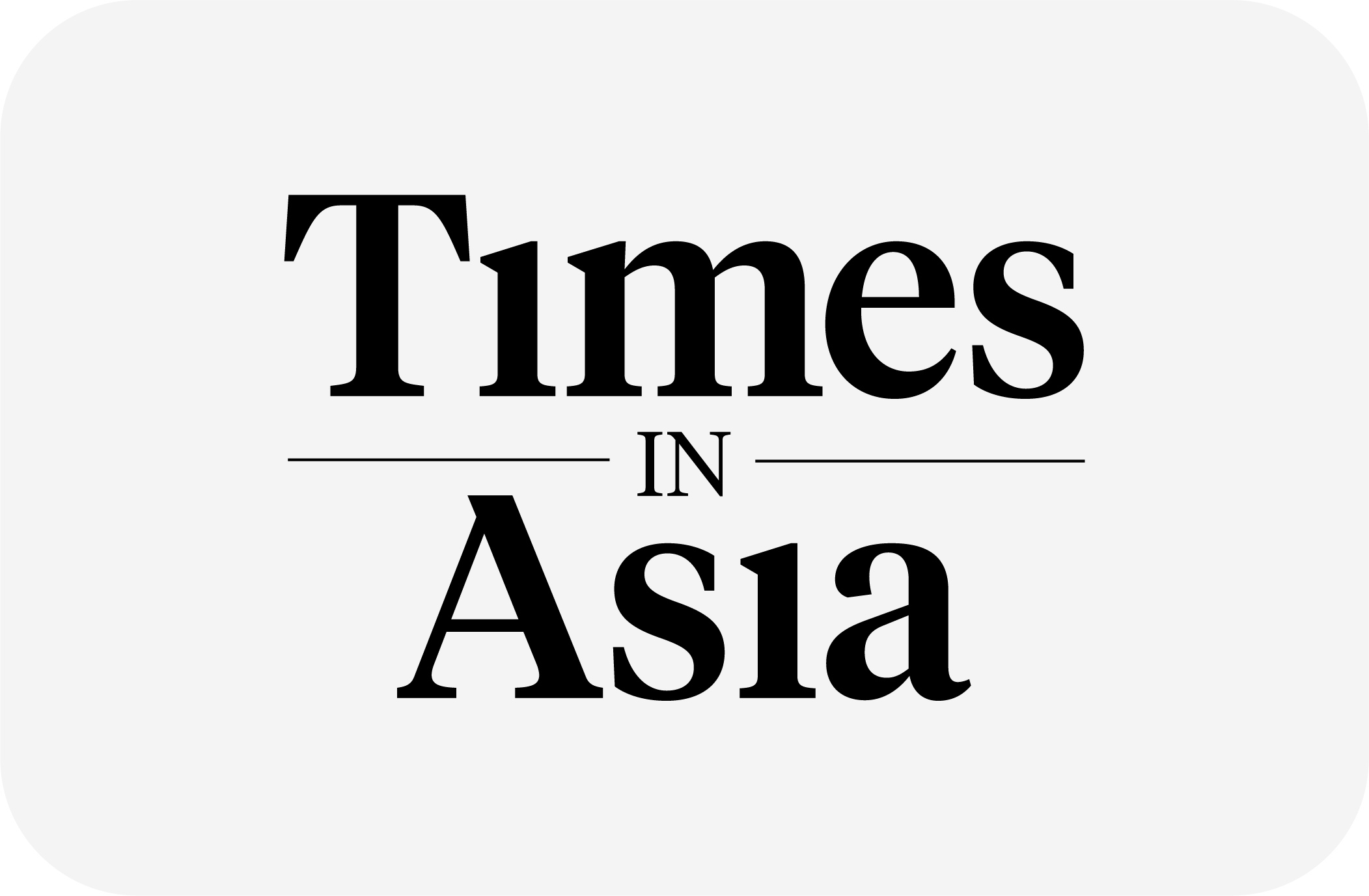
Singapore-US tariff talks stall, as ASEAN peers gain ground
Singapore failed to secure US tariff relief during a week-long trade mission by Deputy Prime Minister and Trade Minister Gan Kim Yong, who returned from Washington DC on 26 July.
Gan met US Treasury Secretary Scott Bessent and Trade Representative Jamieson Greer but was unable to hold talks with Commerce Secretary Howard Lutnick, delaying discussions on pharmaceutical and semiconductor duties, Channel NewsAsia reported.
“The US side was not prepared to discuss lowering the tariff rate,” Gan said on 29 July at a forum jointly held in Singapore by think tank Institute of Policy Studies and the Singapore Business Federation. “They were non-committal on whether the 10% baseline would stay. This will likely take more time," Gan added.
Singapore hoping for 'longer-term engagement'
The Singaporean Trade and Industry Ministry said the visit focused on the 10% baseline tariff imposed in April, which affects some 40-55% of the country’s export volume to the US, based on Monetary Authority of Singapore-cited figures.
Gan was accompanied by officials from the ministry, the Monetary Authority of Singapore, and representatives from key national sectors including electronics, biomedical products and financial services.
The development comes as the US expands its reciprocal tariff regime across multiple trading partners, drawing in key Southeast Asian economies. Singapore’s effort to secure sector-specific exemptions for biomedical products, electronics, and scientific instruments met resistance, with no timeline offered for further negotiations.
Gan noted that while the US was open to "longer-term engagement", it remained unclear whether reductions or exemptions would be considered. He added that Singapore would "continue to advocate for open and rules-based trade frameworks".
Drop in growth expected in H2
Singapore’s economy grew 4.3% year-on-year in Q2 2025, but the government expects full-year growth to fall between 0% and 2% due to external factors. The Monetary Authority of Singapore has warned that tariffs on key export categories - including chemicals, processed food and beverages, and telecommunications equipment - could depress investment and hiring across related industries.
Gan said Singapore remains committed to deepening its strategic partnerships while defending its core economic interests. “The global landscape is becoming more contested. We must stay agile but principled in our engagements,” he underlined.
US may favour larger Asian economies on tariffs
The lack of movement in the US contrasts with the global economic superpower's ongoing engagement with Indonesia, Vietnam and the Philippines, which are reportedly in early-stage talks on tariff exemptions under the same regime.
Singaporean officials have reportedly privately expressed concern that early bilateral overtures may be favouring larger regional economies with higher labour force potential or geopolitical leverage.
Meanwhile, ASEAN policymakers are weighing the implications of US tariff escalation on regional supply chains. Thailand and Malaysia have begun consultations on insulating machinery, ship repair and offshore platform exports through diversified market access and trade insurance schemes. China’s ongoing redirection of intermediate goods through Belt and Road-aligned nodes is also reshaping intra-Asian trade routes.
Vietnam and the US reached a trade deal in early July that set a 20% tariff on most Vietnamese exports, significantly lower than the 46% initially threatened. The agreement also imposed a 40% levy on suspected transshipped goods rerouted through Vietnam from third countries, Reuters reported.
Vietnamese Deputy Prime Minister Ho Duc Phoc described the outcome as a “breakthrough” and said officials are working with the US to formalise implementation. The deal follows earlier rounds of negotiation in May, during which Vietnam agreed to strengthen anti-fraud measures and address trade imbalance concerns, according to Reuters.
Philippines, Indonesia also make progress
On 22 July, US President Donald Trump welcomed Philippine President Ferdinand Marcos Jr. to the White House and announced a new tariff rate on Philippine exports of 19%, slightly reduced from the 20% threat but above the 17% baseline set in April, Reuters reported. The announcement marked progress in a bilateral framework agreement that officials are working to finalise.
The same day, Indonesia agreed to remove non-tariff barriers for US imports and reduce its proposed tariff rate to 19%, down from 32%, while committing to purchase US goods and streamline regulatory approvals, Reuters reported. The agreement included liberalised access for US exporters in aircraft, agriculture and energy, according to UK business daily The Financial Times.
